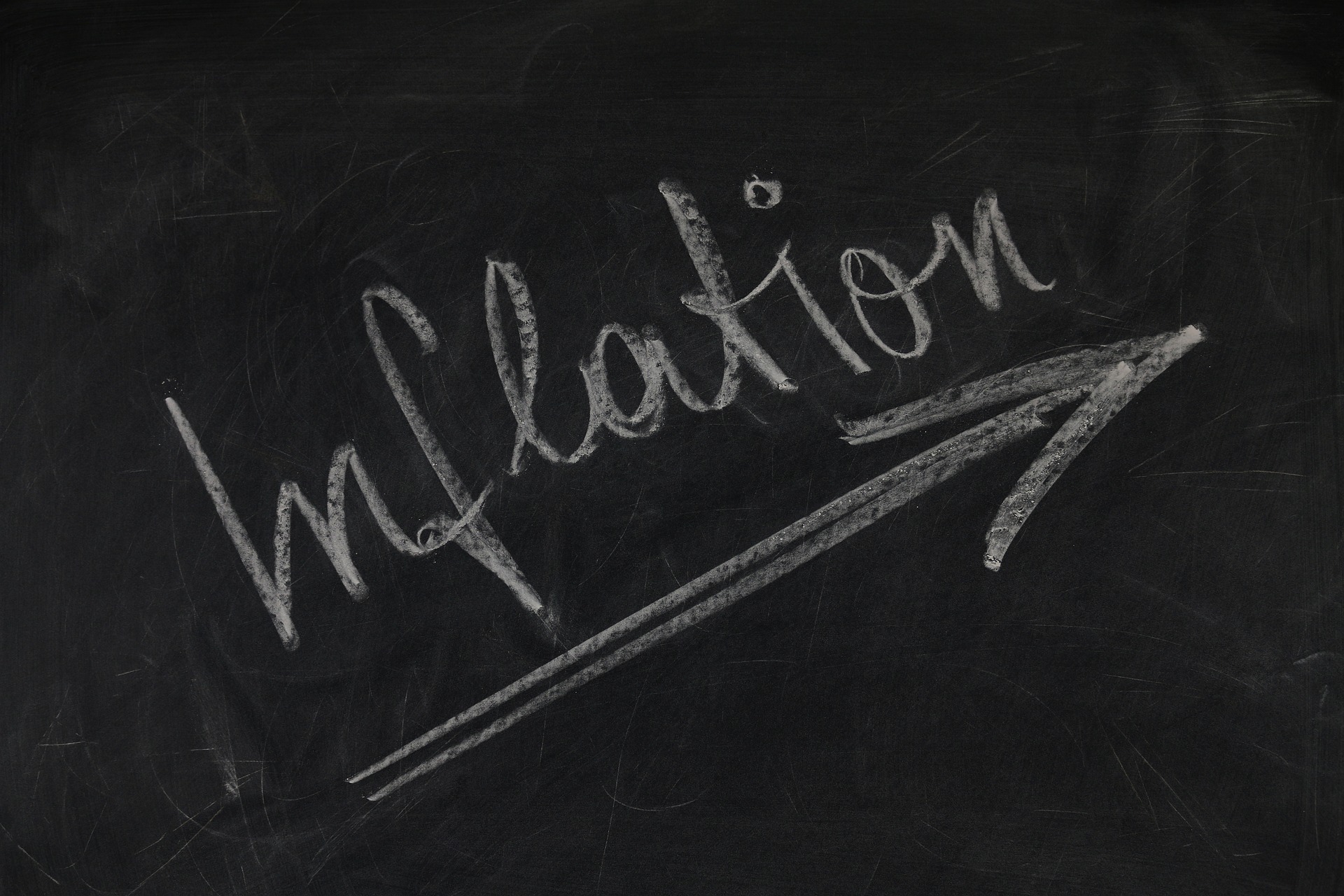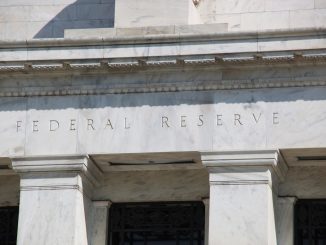
In a significant shift in tone from the Federal Reserve, Boston Fed President Susan Collins has indicated that the time for interest rate cuts may be approaching. Speaking in an interview with Bloomberg News at the prestigious Jackson Hole economic symposium, Collins painted a picture of an economy ready for a recalibration of monetary policy.
Collins’ remarks come at a crucial juncture for the U.S. economy, which finds itself in a delicate balance between sustained growth and inflationary pressures. The Boston Fed chief’s comments suggest a nuanced approach to monetary policy, one that seeks to thread the needle between maintaining a robust labor market and continuing the downward trajectory of inflation.
“…I do see it soon being appropriate to begin easing policy,” Collins stated, emphasizing the importance of preserving the current health of the labor market while simultaneously bringing inflation down to the Fed’s 2% target. This dual focus underscores the complex challenges facing policymakers as they navigate the post-pandemic economic landscape.
Collins’ optimism about the state of the economy was evident in her assessment of recent data. She noted that inflation has decreased significantly and expressed growing confidence that price growth is on track to meet the Fed’s objectives.
The labor market, while showing signs of cooling, remains historically strong with high participation rates and orderly moderation in hiring practices.
However, Collins was quick to temper expectations of rapid policy shifts. “I would envision doing that gradually,” she said of potential rate cuts, adding that “there isn’t a pre-set path.” This cautious approach aligns with the Fed’s historically measured stance on policy changes, especially in times of economic uncertainty.
The timing of Collins’ comments is particularly noteworthy, coming on the heels of the release of minutes from the Fed’s July meeting. These minutes revealed a growing consensus among Fed officials about the appropriateness of beginning to ease monetary policy, with some even arguing for rate cuts as early as last month.
As the financial world turns its attention to Fed Chair Jerome Powell’s upcoming speech at Jackson Hole, Collins’ remarks have set the stage for what could be a pivotal moment in U.S. monetary policy. Investors and economists alike will be parsing Powell’s words for any hints about the timing and pace of potential rate cuts.
The implications of a shift towards easing monetary policy are far-reaching. For consumers, it could mean lower borrowing costs for mortgages, auto loans, and credit cards. For businesses, it might signal a more favorable environment for investment and expansion. However, the Fed must balance these potential benefits against the risk of reigniting inflationary pressures.
As the economic symposium unfolds in the picturesque setting of Jackson Hole, the financial world holds its breath. The coming months may well see the beginning of a new chapter in U.S. monetary policy, one that Collins and her colleagues at the Fed hope will sustain the delicate equilibrium of a growing economy with stable prices.
- Bulenox: Get 45% to 91% OFF ... Use Discount Code: UNO
- Risk Our Money Not Yours | Get 50% to 90% OFF ... Use Discount Code: MMBVBKSM
Disclaimer: This page contains affiliate links. If you choose to make a purchase after clicking a link, we may receive a commission at no additional cost to you. Thank you for your support!




Leave a Reply